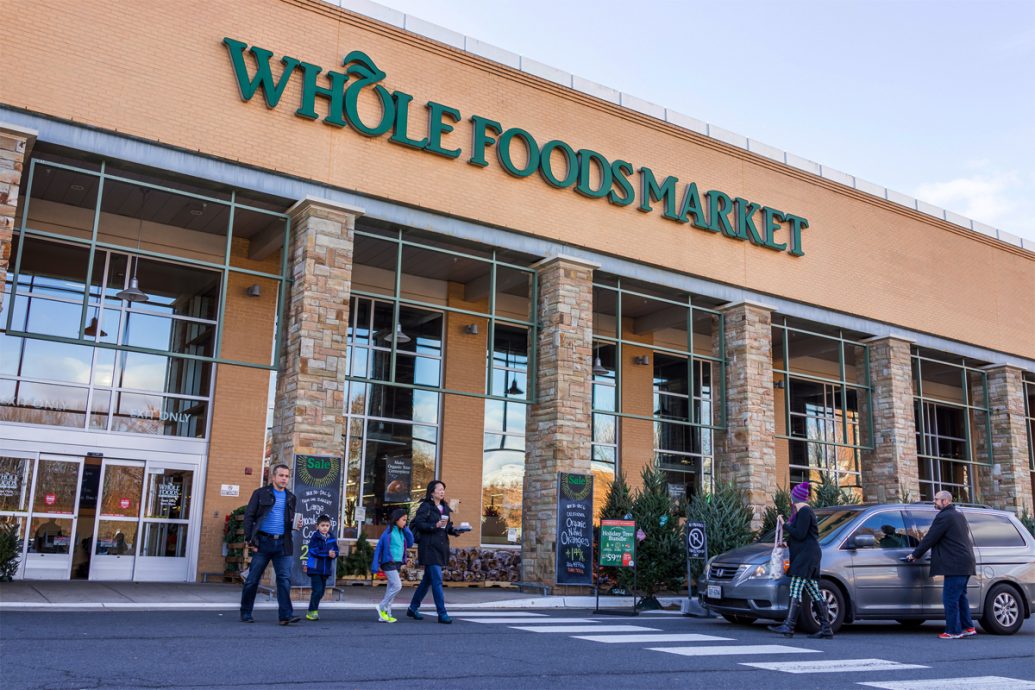Perhaps we should be with the socialists on this one: NYC did not lose much in net by Amazon’s pullout.
The New Left's Dangerous Old Antitrust Ideas
The course of antitrust law in American history has proved a barometer of good governance. In the New Deal, the Roosevelt administration lurched from one policy to another, united only by the injury they did to the economy. Sometimes that administration broke up companies simply on account of size and at other times permitted actual collusion by competitors on prices. In the Warren Court era, both the Department of Justice and the Court itself prevented mergers, even though they were economically beneficial. In Brown Shoe, the nadir of all antitrust law, Chief Justice Earl Warren invalidated a merger between two relatively small shoe companies in an extremely competitive market because he concluded that it might become part of a merger trend and because it would make the companies more efficient at selling shoes!
In contrast, since the Chicago School revolution in antitrust was empowered by the Reagan administration and sustained by its successors, antitrust law has become quite sensible. It has intervened only when needed to protect the welfare of consumers, preventing collusion or mergers that would likely keep prices higher than in a free market. The consumer welfare standard of modern antitrust has also offered relatively clear rules of conduct derived from microeconomics, thus protecting the rule of law and curbing government discretion over business.
But ideas percolating on the left threaten this sound consensus and an oped in the New York Times yesterday exemplifies the danger. Lina Khan, who was the policy director for Zephyr Teachout, the radical Democratic candidate for New York Governor in 2014, complained about Amazon’s recent purchase of Whole Foods.She cannot claim that Amazon has monopoly power in groceries: even with Whole Foods its share will be much less than 10 percent. And she can hardly fault Amazon’s effect on prices. It has consistently lowered the prices in retail markets in which it has entered. That is not even counting how it has completely transformed the speed of delivery, greatly adding to consumer satisfaction.
Instead, her complaints echo those of Warren’s Brown Shoe opinion. She fears that Amazon may use its distribution system, like Amazon Prime, to dominate other retailers. Like Warren, she worries that regulators may permit the merger because Amazon’s “business strategy of reducing prices.” Most amusingly of all, she is concerned that the merger may empower Amazon to stifle innovation, as if any retailer in the history of the world has ever been as innovative as Amazon.
Under current law, a challenge to this merger would be risible. Even were regulators to try, they would not likely get a single vote on the Supreme Court should the case get that far. The Chicago consumer welfare model has become entrenched across the entire current judicial spectrum. Justices Stephen Breyer and Clarence Thomas have similar views. But the new New Left represented by Teachout is outside that consensus. And just as salutary changes in antitrust law symbolized the return to a semblance of sanity in governance, so do these ideas show what would be on offer if people like Teachout ever come to power—a politics that thwarts efficiency and innovation, and that empowers government dominance over the commanding heights of the economy.



